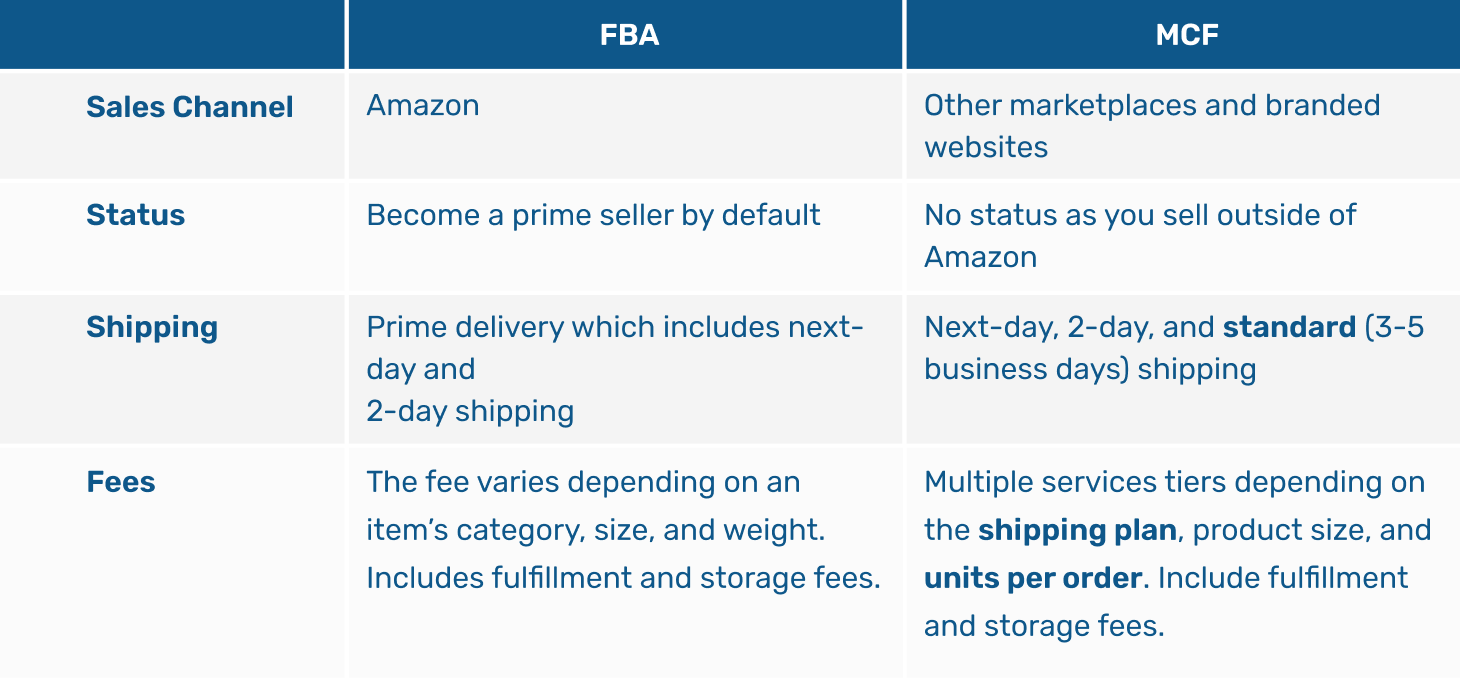
When breastfeeding your baby, sushi can be a safe option. Fish is a good source of vitamins. You should only select fish with low mercury. When selecting sushi, choose a restaurant that has a reputation for offering fresh, high-quality food. If you are concerned about bacteria, you may want to choose vegetarian selections that use cooked protein.
Avoid high mercury fish
There are several reasons why you should avoid eating high-mercury fish when you are pregnant or breastfeeding. There is a possibility that the mother may pass listeria bacteria to her unborn baby, which could cause serious complications. Additionally, mercury in fish can cause preterm labor, low birth weight, and miscarriage. You can reduce your mercury exposure by breastfeeding.
Although sushi is safe to breastfeed moms, some fish can contain higher levels. These levels can accumulate in the flesh of the fish, even after it is cooked. Avoid high-mercury fish when you are breastfeeding. These mercury levels can be passed into breastmilk. If you have any questions, ask the server to help choose a sushi menu that doesn't contain mercury fish.

Avoid cross-contamination
Cross-contamination with sushi is not a good idea if you're nursing. This is because raw sushi can be harmful to your baby. This bacteria can cause diarrhea, vomiting, and even dehydration for nursing mothers. These risks can be avoided by eating only sushi that is prepared in clean and sterilized areas.
Breastfeeding can be enjoyed while eating sushi. However, it is important to choose high-quality sushi. High levels of mercury should be avoided in sushi.
Avoid eating raw fish
Some people worry that raw fish could be harmful for their baby. Sushi rolls can be enjoyed while you breastfeed, but avoid high-mercury fish. This substance can damage baby's nervous systems and brain development. It is important to choose sushi prepared fresh so that it does not pose a risk to the baby.
High levels of mercury can be found in many species of fish. Mercury is found in many fish, and it builds up over time. It cannot be removed through cooking. Breastfeeding can put your baby at risk by eating mercury-rich fish. The chemicals are then transferred into your baby's bloodstream. Ask your waitstaff about mercury content when you order sushi.

If you are not sure, consult a lactation expert
If you're nursing a baby, sushi is safe to eat in moderation, as long as you avoid fish with high mercury content. According to the Department of Health's Guide for Pregnant and Nursing Women, women should limit their intake of fish to 6-8 ounces per week and monitor the mercury content of fish. You can consult your OB/GYN, lactation consultant, or nurse if you are unsure about sushi.
Vegetarian sushi is an option for breastfeeding parents who don't wish to expose their child to listeria. While it's not as satisfying as the real thing, it's good for your body and baby. Many sushi restaurants offer vegetarian versions to their most popular dishes.
FAQ
Free shipping for orders over $25
Most major websites let you order items without shipping charges. Some sites offer free shipping on select items. You will need to spend at least $25 in order to be eligible for free shipping. Many websites will automatically apply free shipping to your entire cart. You will need to enter the code SHIPFREE during checkout for some websites.
Why is it better to use credit when shopping online
Credit card companies offer many benefits including free shipping, cashback, and rewards programs. They also offer fraud protection. The main reason why people should consider using them over debit cards is that they do not have any fees attached to them.
Credit cards also provide flexibility for customers who want to pay off the balance on time. Credit cards let you shop with confidence, regardless of how much money your account has.
What are the best online shopping days?
Sunday is the best time to shop online for clothes. There are many stores open so you can browse and find exactly what you need. Monday is the most important day of the week to purchase all you need. Do any last-minute shopping on Tuesday. Wednesday is the day you should begin shopping for Christmas. Thursday is the best day to start planning for Easter. Get ready for the summer holidays with preparations on Friday. Saturday is the ideal day to begin preparing for school holidays. Final, complete any remaining tasks for this week by Sunday
Statistics
- The vast majority only change a password to protect privacy a few times a year (27 percent) or, more likely, never (35 percent). (pcmag.com)
- A report from the U.S. Census Bureau found that in the first quarter of 2022, an estimated $250 billion was spent on retail e-commerce sales.1 (thebalance.com)
- The tax is automatically added once you click the checkout button, so factor in an additional 20% when looking at the product page. (makeuseof.com)
- All items on AliExpress have an estimated delivery time on the product page, and it's usually anywhere from 20 to 60 days. (makeuseof.com)
External Links
How To
What are the safest online shopping methods?
Online shopping safety is a key skill that anyone can learn. It's also beneficial to learn how to purchase from different websites, without being conned.
If you are looking for the best ways to buy items online, read on! This article will explain all the tips and tricks that can help you avoid falling for scams.
-
Do your research. Before you decide to shop online, it's essential to do your homework first. Check out customer reviews, get feedback, and seek recommendations from your friends.
-
It's worth shopping around. If you aren’t certain whether a particular retailer is trustworthy, compare prices from multiple sellers. Use price comparison tools like Amazon Price Checker, Google Shopping, and Amazon Price Checker to help you compare prices. These tools let you see which retailers have the lowest prices.
-
Pay attention to red flags. You should be alert for any red flags when you browse product pages. You may find fake sites that use misspelled words and grammar errors. These fake sites may also sell counterfeit products or display insufficient products.
-
Pop-up windows can be dangerous. Some websites use popups to collect personal data like passwords and credit cards numbers. When you see one of these pop-ups, click "escape" to close it immediately or choose another browser window.
-
Ask yourself questions. Ask yourself these questions whenever you visit a website. Do they offer the services I require? Do I have the ability to trust the people who run the site?
-
Don't share your personal information. Never provide financial information such as your Social Security number, bank account number, or credit card details over the phone or via email unless you initiated the transaction.
-
Avoid clicking on emails that contain links. It's easy to click a link in an e-mail and be taken to a phishing site. To avoid this type of fraud, only open emails from trusted sources (such banks)
-
Use strong passwords. Strong passwords should include symbols, numbers, letters. It is important to keep your password confidential.
-
Downloading files should be done with care. Always download files directly from their source rather than opening them from email attachments. Never open attachments from unknown recipients. Do not open attachments from unknown senders asking you to install any software.
-
Report suspicious activity. Contact your local police department immediately if your identity is suspected to have been stolen. You can also file an FTC complaint.
-
Protect your device. Anti-malware protection should be installed on your computer. It could protect you from hackers gaining access to your private information.
-
Watch out for scammers targeting seniors. Senior citizens are especially susceptible to scammers, as they are less likely understand how to spot fraudulent messages on websites and emails.